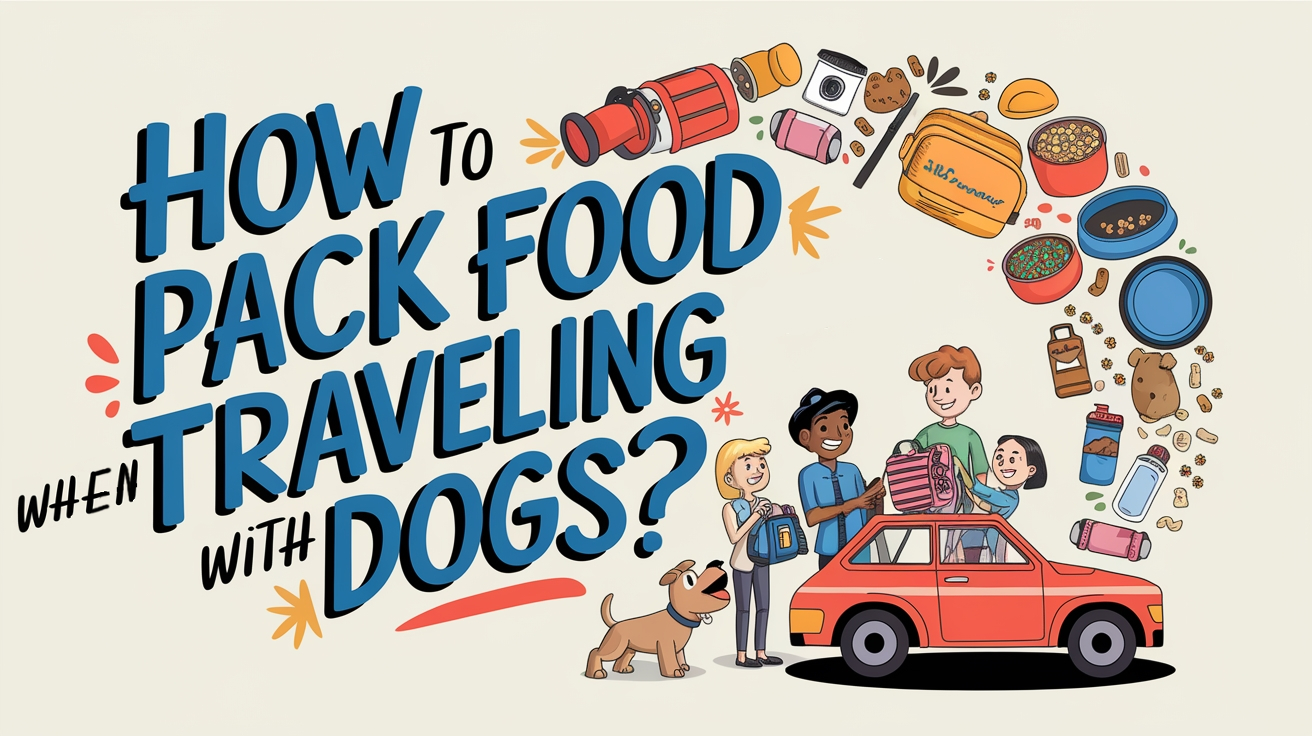Imagine being surrounded by the calm of the wilderness, only to have your dog’s barking disturb the quiet you sought. To prevent this, it’s essential to understand the reasons behind your dog’s barking, which often stem from their needs or surroundings. Recognizing these triggers allows you to address your dog’s comfort and maintain the peace for everyone at the campsite.
Training your dog before you embark on your trip and bringing items from home can provide them with a sense of security. Also, engaging your dog with activities will keep them busy and reduce the likelihood of disruptive barking.
With patience and consistent training, your dog can become a peaceful camping partner, adding to the enjoyment of the natural setting.
Understanding Barking Causes
Why does your dog bark so much while camping? You might wonder as you try to enjoy the outdoors with your dog. Dogs bark to communicate, and the new stimuli of camping—like wildlife smells, campfire sounds, or leaves rustling—might make them bark. Their barking indicates their needs or reactions.
If your dog is barking more than usual, the excitement of a new place could be the cause. They’re expressing joy or maybe uncertainty about the new surroundings. Reassuring them and creating a calm campsite can help calm them down.
A lack of activity might also make a dog bark. Meeting your dog’s needs for mental and physical exercise is important. Activities such as appropriate hikes or interactive play can keep them busy and lessen barking.
Lastly, your dog might be anxious or stressed. Making sure they’re comfortable can help make camping more peaceful for both of you.

Managing Excitement Levels
To manage your dog’s excitement during camping, it’s important to create a calm environment on arrival. Find a quiet spot to establish a comforting area for your pet. Bring their preferred toys and a bed or blanket with the scent of home for comfort and security.
Your demeanor affects your dog’s behavior. Stay calm in your actions and speech; this helps them realize there’s no reason for excessive excitement. Participate in calm activities with your dog, like leisurely walks or subdued play, to help them get accustomed to the new setting.
Since dogs respond to your attention, reward them for being calm. Give treats and praise for relaxed behavior, supporting the serenity you value while camping. If they become too excited, use a familiar command like ‘sit’ or ‘stay’ to redirect their focus.
These steps will help maintain a peaceful camping experience for you, your dog, and others enjoying the quiet of the outdoors.
Alleviating Boredom Barking
You can manage your dog’s barking due to boredom by involving them in interactive games that exercise their mind and body. Playing fetch encourages movement and teaches patience, while puzzle toys with treats offer a stimulating challenge that redirects their energy from barking.
Teaching your dog new tricks or commands also provides mental engagement and helps build a stronger bond, as it shows you care about their happiness and growth. Dogs that are busy learning and feeling successful are less likely to bark for attention.
Make sure to set aside times for play throughout the day. Consistent interaction tells your dog they’re an important part of the family. Being proactive in meeting their needs helps create a calm and enjoyable environment for everyone.
Addressing Anxiety and Stress
While camping with your dog, it’s important to manage their anxiety and stress to prevent unwanted barking. They may become overwhelmed by new outdoor experiences. Your job is to help them relax with patience and care.
Create a comfortable area for them with their favorite bed, toys, and an article of your clothing to provide familiar scents. Calming aids such as pheromone sprays or anxiety wraps might also help.
Watch for signs of anxiety in your dog, like pacing, whining, or lots of licking. Respond by speaking softly and petting them gently. Your presence and reassurance can significantly calm them.
For dogs with more severe anxiety, pick less busy times and places for camping. A quieter campsite or going during slower seasons can make the experience less stressful.
Responding to Medical Issues
Addressing your dog’s anxiety and stress is crucial, but it’s also essential to consider that incessant barking might be a sign of an underlying medical issue. While camping with your pet, their health is your main concern. Watch for any signs of discomfort or pain, which could be causing their barking.
Pay attention to:
- Unusual Limping or Reluctance to Move: Your dog may have been injured during camping activities.
- Excessive Licking or Biting a Specific Area: Your dog might be trying to soothe a painful area.
- Changes in Eating or Drinking Habits: Adjustments in appetite or thirst can indicate various health problems.
If you observe any of these symptoms, it’s important to provide empathetic and prompt care. Assess the situation with calm and comfort your dog. You’re their trusted protector, especially in new settings. Contact a veterinarian for advice or seek medical attention if you’re worried about your dog’s health.
Being proactive is key to a safe and enjoyable camping trip for both of you.
Training for Reactive Dogs
Training a reactive dog requires patience and consistent positive reinforcement to help them feel secure and reduce barking during camping trips. As a caring owner, start by identifying what triggers your dog’s barking, whether it’s other animals, strangers, or unexpected noises.
Work on creating positive associations with the camping environment. For dogs that react to strangers, introduce them to new people gradually in a controlled environment, rewarding them for calm behavior, which can be practiced before your trip.
When camping, keep your dog on a leash for everyone’s safety. Train them in commands such as ‘sit’ and ‘stay’, and reward them for compliance. If they bark, divert their attention to you with a treat or toy. This not only helps stop the barking but also teaches them there’s nothing to fear, reducing their reactive behavior over time.
Your dedication to their well-being will enhance the camping experience for both of you.
Implementing Calming Strategies
You’ll find that using calming techniques can effectively quiet your dog’s barking while enjoying the tranquility of the outdoors. Calming your dog not only serves your need for peace but also caters to your furry friend’s emotional well-being. Remember, a calm dog is a happy camper, and a happy camper makes for a harmonious campsite.
Here are some strategies to bring serenity to your campsite:
- Provide a familiar sleeping space with their own bed or blanket to offer the comfort of home.
- Utilize calming pheromone sprays or wearables such as anxiety wraps to create a sense of security.
- Engage in gentle, soothing activities like soft petting or quiet time together away from the bustle of the campground.
When you serve your dog’s needs by implementing these calming strategies, you foster an environment conducive to relaxation and joy for all. Your attentive care ensures that everyone, including your dog, can fully embrace the camping experience.
Conclusion
You can manage your dog’s barking by identifying what triggers it, such as excitement, boredom, or anxiety. Ensure they get enough physical and mental stimulation, and provide comfort to ease their stress.
Be aware of any health issues that might cause barking, and remember that consistent training is essential for reactive dogs. Apply calming techniques to keep the campground peaceful.
With time and these tips, you can transform excessive barking into calm behavior, improving the camping experience for you and your dog.



